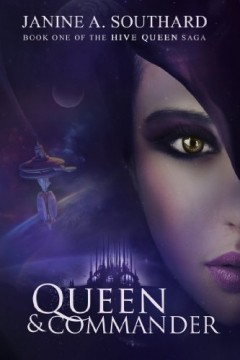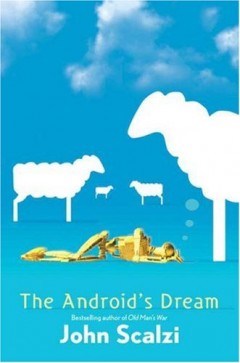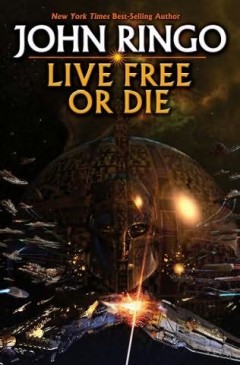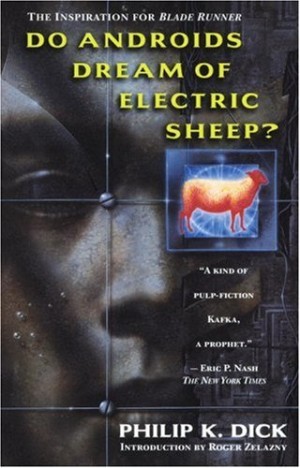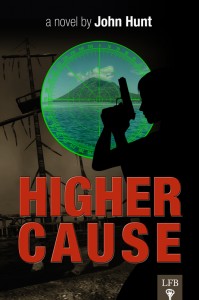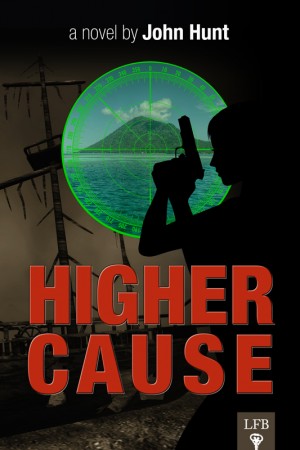Debut author Janine Southard has come out with Queen & Commander. It is the first book in what is planned to be a series for young adults. A science fiction tale, its focus on relationships brings what some might consider a feminine touch to the only fiction genre with more male than female readers. I found it to be an enjoyable read, even if it was aimed at an audience younger than I.
The story starts on a colony world in “Welsh space.” In this world, students are tested and assigned to positions in society based on their results. The highest position is attainable only by women — that of queen. A queen is roughly the equivalent of a naval captain or admiral. She takes command of a space vessel whose all-male crew pledges eternal devotion to her, in return for which she is duty-bound to them.
One online reviewer referred to this as a “fantastic feminist angle.” I find this odd, since feminists invariably swear that feminism is about equality, which would make it an antifeminist angle. Perhaps someone has slipped and given the game away?
At any rate, Rhiannon, the main character, is given the task of being queen and commander. Her best friend is distraught over the prospect of being separated from her true love after graduation. They turn to Rhiannon to help keep them together, and Rhiannon, though she feels a foreboding, cannot deny her best friend anything. In order to help them, she takes them both on as part of her crew, despite the fact that no other woman can serve under a queen (the excuse being that the presence of another female could sow discord and distract the men from their devotion).
